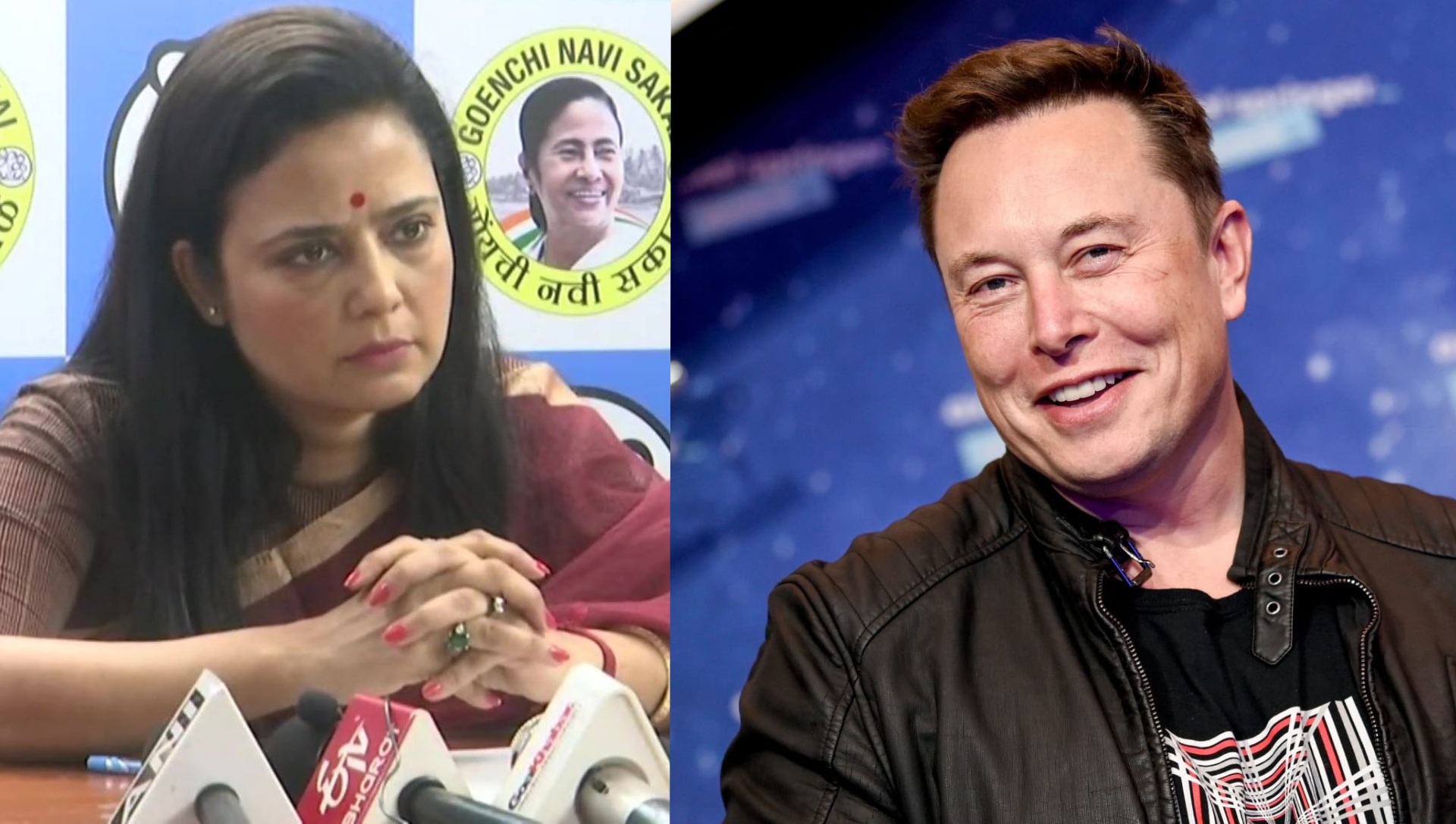As of last week, Elon Musk fired his reverse boosters and backed out from his globally publicized offer to buy Twitter for USD 44 billion. Libertarians all over the world had hoped Musk would be striking a blow for free speech. Musk frequently said that Twitter, which he likens to a noisy public square in a town, is too censorious to function as an instrument to further free speech and, therefore, the cause of democracy. Musk believes no free speech is possible without giving offence. He closed the door on the deal because, he says, Twitter has not passed on information regarding fake accounts.
It could be that.
Or, it could be the fact that a few weeks ago, a few of his SpaceX employees wrote a letter to the management to bring the guy who heads the company – Musk himself – to book, and take action on what they consider to be his incorrect comments and offensive conduct.
Well, these hands were fired. No company can work with any sense of direction and objective where the staff mistakes activism for career and then expect a steady flow of revenues out of which they are paid; especially, if it is directed against the guy who owns the company and which exists because of his capabilities.
But why is it that I get the nagging feeling that the letter that the politically correct members of his workforce wrote against Musk must have caused a thought process in him that finally made him walk out of the Twitter deal, rather than the old, much-touted reservation about Twitter’s alleged secrecy relating to fake accounts?
Had the Musk deal gone through, Twitter would in effect be a free-for-all. Right now, the censorship there is weighed in favour of the liberals and the do-gooder Left. If Musk takes over, that might well change, and sharper individual voices will emerge.
Some of it at least will be directed against the controversial lifestyle of the billionaire himself, or others like him. That means strengthening the hands of the correct if mediocre majority who, out of the goodness of their heart, will go on the warpath.
All over the world, the men and women who do are at a disadvantage compared to those who don’t. And the chances of doing wrong are more when you act, as opposed to those who sit and watch.
Now for issues closer home. I have been for long a free speech absolutist. I have written against the idea of policing thought. And I have said that the policing of thought is no longer just a State prerogative. With the emergence of social media, non-State players like Group Rights activists through trolls, memes, and hashtags, have been doing a pretty good job of blacklisting, cancelling, and silencing ‘aberrant’ individuals.
We cannot have one measure for the Group/society and another for the State, which, we are told, is a manifestation of the will of the people.
It is in this context that Mahua Moitra’s comments regarding the goddess Kali need to be examined. Ours is no longer the Nehruvian India, where a majoritarian Hindu society was not in the process of being unified, and minority communities took for granted their appeasement and political immunity.
The Indian State and society have changed more in the last decade than in the 65 years preceding it. It has become a hard State with a different set of political and social values. The history of suppression that the marginalized sections have been justly vociferous about is exactly what the majoritarian Hindu society is now appropriating to itself in a backlash. You may argue all you want, but it is a historical correction of sorts.
This is why I am beginning to realize that at least in the short run I no longer can with good conscience advocate absolutism of free speech, which is anything but free: one always pays a price for it. When Mahua Moitra selectively emphasizes a version of Goddess Kali at the expense of a more moderate and beneficent one, the censoriousness Moitra is sought to be subjected to primarily stems from the feeling that offence can be had here because Moitra who, like many strong women are a bit of a manifestation of the Kali spirit themselves, believes in giving offence and revels in the attention that brings.
And, generally speaking, I am realizing this is not the time to offend. No time at all. It is like applying a finger to the back of a man teetering on the edge of a cliff. This is not the time to offend the State or the Groups. The world is at such a point that decisions and revisions made in one minute will find themselves reversed in the next.
This is the time to follow the Middle Path. And if possible, learn to be silent. In walking out of the Twitter deal, Elon Musk is perhaps taking his first step toward that stillness which surely Moitra, too, must dream about in the odd blue hour at first dawn that no clock measures.
CP Surendran is a poet, novelist, screenplay writer, and columnist. He lives in Delhi.
(Disclaimer: Views expressed above are the author’s own.)









